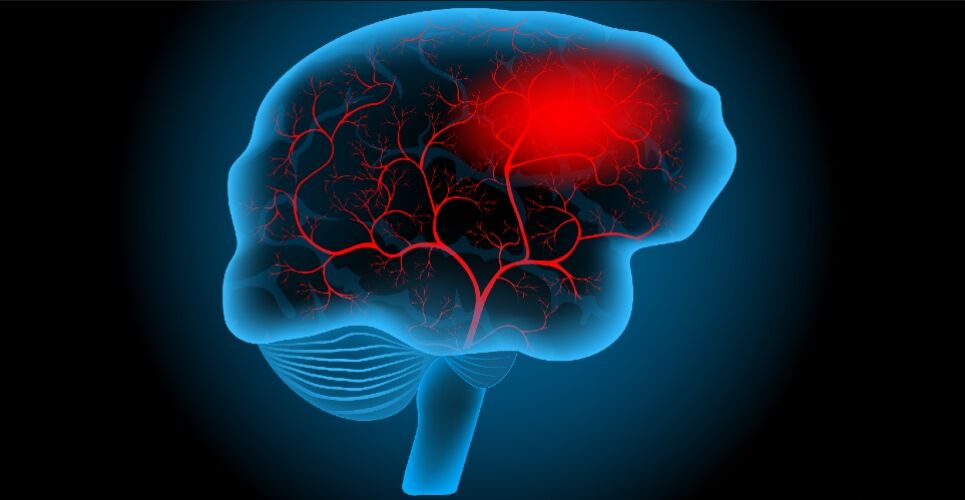Desmopressin may improve the outcomes for patients who experience a spontaneous intracerebral haemorrhage (ICH) while taking antiplatelet drug therapy, according to the results of a small feasibility study.
Among patients taking antiplatelet therapy, the cumulative incidence of an ICH at one year sits at 22.5%. Following an ICH, many patients are left dependent on others and, currently, there are no proven effective drug treatment.
However, desmopressin, which can be used to manage minor bleeding in patients with mild haemophilia A, could help ICH patients, especially given how the drug reduces bleeding and transfusion requirements for people with platelet dysfunction or with a history of recent antiplatelet drug administration undergoing cardiac surgery.
Published in The Lancet Neurology, a team of UK researchers set out to examine the feasibility of randomising patients on antiplatelet drug therapy with spontaneous ICH to desmopressin or placebo to reduce the effect of their antiplatelet drug.
The team undertook a phase 2, randomised, placebo-controlled, feasibility trial in adult patients taking antiplatelet drugs who experienced an ICH with stroke symptom onset within 24 hours of randomisation. Individuals received a single dose of intravenous desmopressin 20 μg or matching placebo.

As this was a feasibility trial, the primary outcome was measured as the number of eligible patients randomised and the proportion of eligible patients approached. In addition, several secondary outcomes were examined 90 days after randomisation, including assessments of disability, functional independence, cognition and quality of life.
Desmopressin and trial recruitment
From a total of 1,380 participants, 13% were potentially eligible and of these 32% were approached. Overall, 54 (31%) consented and were equally randomised between desmopressin and placebo.
At day 90, there was no significant difference in functional status based on the full modified Rankin Scale score (odds ratio, OR = 0.74, 95% CI 0.29 – 1.93) or for death and dependency (OR = 0.49, 95% CI 0.15 – 1.61).
Serious adverse events occurred in a similar proportion of patients (44% vs 48%, desmopressin vs placebo), which included expansion of the haemorrhagic stroke and pneumonia.
Based on these findings, the researchers concluded that a definitive trial is now required to determine if desmopressin improves outcomes in patients with an ICH and who are using antiplatelet therapy.

